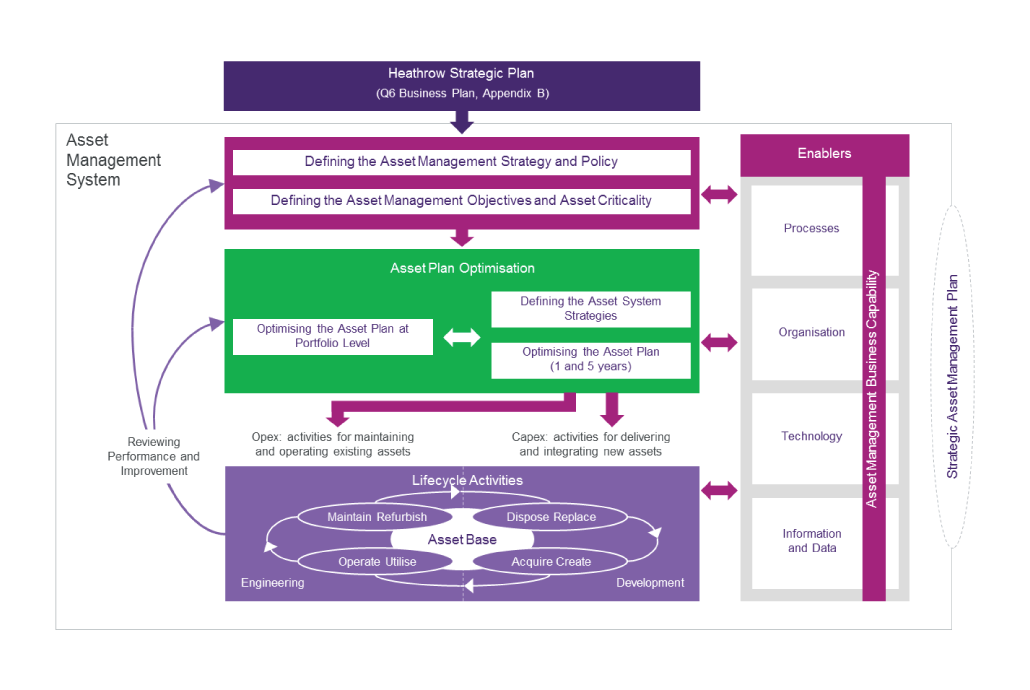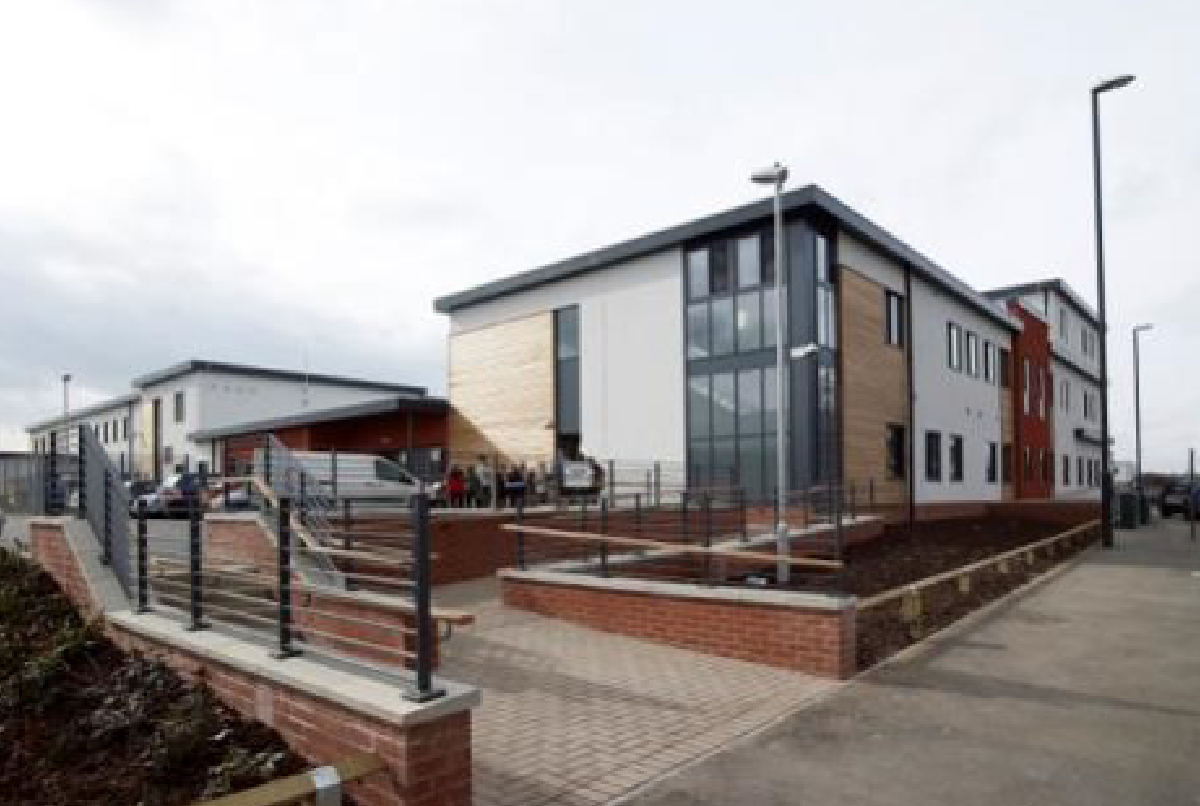To demonstrate the role of a Development Manger we must first think about what a “developer” is and what they do.
Real estate or property development, is a multifaceted business process, encompassing activities that range from the renovation and re-lease of existing buildings to the purchase of raw land and the sale of developed land or parcels to others from speculative developments that will be sold at the end of construction to extensions to premises for business wishing to expand.
 Developers are the people and companies who coordinate all of these activities, converting ideas from paper to real property. Real estate development is different from construction, although many developers also manage the construction process.
Developers are the people and companies who coordinate all of these activities, converting ideas from paper to real property. Real estate development is different from construction, although many developers also manage the construction process.
Developers buy land, finance property deals, build or have builders build projects, create, imagine, control and orchestrate the process of development from the beginning to end including obtaining the necessary planning approval and financing, build the structures, and rent out, manage, and ultimately sell it.
Developers work with many different counterparts along each step of this process, including architects, town planners, engineers, surveyors, building inspectors, banks, contractors, leasing agents and more.
For many clients, stepping outside their core business into the world of property development and management can be challenging, but this where an experienced Development Manger comes in, they offer a full development management service,
- assisting clients with the initial startup processes and
- analysis of the financial viability of a scheme
- formulating robust and appropriate development strategies and
- manage the development process from the appointment of a professional team through to t
- he planning and successful delivery of projects,
Ensuring you start right will mean you will end right as well. Most projects fail not in construction (although it looks that way) but in the selection of the consultants, contractor and design
PDSI are increasingly called upon to apply our skills and experience earlier in the project cycle, working with developers or property owners who have the skills to create the opportunity but need support to make it happen.
Organising for a development
 A development team can be put together in one of several ways.
A development team can be put together in one of several ways.
- At one extreme, a large company might include many services, from architecture to engineering.
- At the other end of the spectrum, a development company might consist of one principal and a few staff who hire or contract with other companies and professionals for each service as needed.
Assembling a team of professionals to address the environmental, economic, physical and political issues inherent in a complex development project is critical.
A developer’s success depends on the ability to coordinate the completion of a series of interrelated activities efficiently and at the appropriate time.
The development process requires skills of many professionals:
- architects,
- landscape architects,
- civil engineers and
- site planners to address project design;
- market consultants to determine demand and profitability
- Quantity Surveyors to define project’s economics;
- lawyers to handle agreements and government approvals;
- environmental consultants and soils engineers to analyse a site’s physical limitations and environmental impacts;
- surveyors and title companies to provide legal descriptions of a property; and
- lenders to provide financing.
- The general contractor of the project hires subcontractors to put the architectural plans into action.
- Sales agent for marketing and sales or
- Logistics of moving into your new building
And the person who manages all this is the Development Manger as you can see its the key role.
It may well be that as a business you have an experienced person or people to manage all these facets of the development but if you are not a regular developer you need the support of a consultant.
Now beware many consultants tell you they are Development Mangers but in reality they are Project Managers and there are subtle differences.
 Project Managers are totally focused on delivery, “give me the land, the drawings and I will give you the building”
Project Managers are totally focused on delivery, “give me the land, the drawings and I will give you the building”
Development Mangers make decisions about viability, design, cost and quality – they produce the stuff the Project Manager needs to deliver the project.
They are really different people with totally different skills.
Development Managers are creative and problem solvers, whereas Project Managers are process based deliverers
So a good Development Manger usually makes a poor Project Manager and vice a versa as they have different mind sets.
PDSI offers Development Management to our clients and provide support and management from Day 1 when you just have an idea to when we hand you the keys to you completed project.
Call Terry Chapman now for more information about how we can help your deliver a successful project.


































